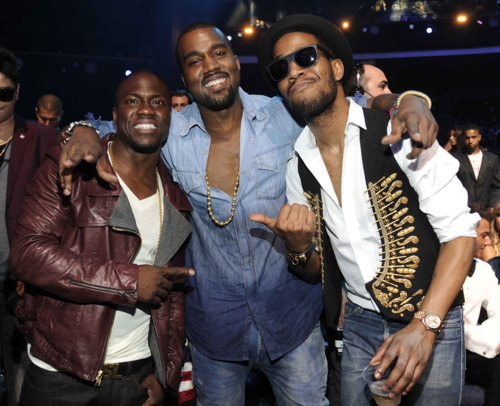Musical career
 It’s no secret that a contract between a band (performer) and a record label is a wedding ring for a long time. The problem often lies in the fact that not every performer is able to figure out what is actually written in the contract. There are too many points, the language is difficult and boring.
It’s no secret that a contract between a band (performer) and a record label is a wedding ring for a long time. The problem often lies in the fact that not every performer is able to figure out what is actually written in the contract. There are too many points, the language is difficult and boring.
Cindy Lazzari, a lawyer specializing in the music industry, says: “When people bring me contracts that offer labels to them and start reading them with me, they are just overwhelmed:” We were going to sign this because many people do that, “they say these young musicians. Often they sign all the conditions and then complain all their life. “
The contract resembles a wedding ring, it is not so easy to find such a “bride” for the group – a label with which you can happily live your whole life.
Suppose you (group, performer) signed a contract. Now you go to the studio and record an album. The label will distribute it. People will buy it. From this point on, money will begin to drip into your pocket with two small trickles. The first source of income is from copies of cassettes and CDs sold (royalty or “artist’s share”).
The artist’s share is usually about 13-14 percent of the album’s retail price (that is, the amount paid by the person who buys your CD from the store). It is rare when this percentage is greater; more often – less.
A typical example: the Damnations and Prescott Curlywolf groups were forced to accept 13 percent of royalties at the time of signing a contract with Mercury records. Like all other clauses of a contract, royalty is a matter of bargaining. If the label is interested in the artist, then it makes sense to defend their conditions. After success in 1988, so many labels were interested in the Dangerous Toys group (now “deceased”) that they demanded 15 percent of royalties from Columbia for themselves – a rare case for the beginning group.
Royalty is far from simple. If the group to record the album decides to invite a well-known producer, then his work will be deducted from the share of the musicians. Suppose the producer agreed to work for 2 percent. Consequently, the share of performers is already 12 percent of the original 14.
There are many tricks that allow labels to reduce the proportion of performers:
Firstly, contracts often stipulate that royalties begin to be paid if at least 85 percent of the album’s original print run is sold. This is a relic of the “vinyl” era of the music industry. During the transportation of vinyl records on a ship across the ocean, they were sometimes damaged, and distributors refused to sell defective discs. At that time, up to 10 percent of marriage in circulation was commonplace. Despite the fact that since then the technology has changed, the labels are not going to give up the old remnants.
Secondly, labels often give distributors 2 disks in addition to every 10 disks. These two CDs are intended for free distribution and organization of advertising on radio, TV and in print media. Thus, by transferring the 12 CD to the distributor, the label will pay the royalty to the performer with only 10 CD. This is fixed in the contract, despite the fact that many labels have their own sales network. In fact, since the label takes 20 percent of the legitimate share of the musician.
And finally, all the packaging – the plastic box, the booklet and its design, the actual “round” CD – cost money. Usually for all the good label deducts 25-30 percent of the album’s retail price. In fact, the packaging and design of the album cost much less.
Miles Zuniga, fastball guitarist: “This, my friends, is what is called the” standard terms “of the music industry. Ask your lawyer to change this in the contract and he will answer you – these are generally accepted rules! These rules mean rules for you, but not for Madonna. So the labels put pressure on the performers and don’t worry too much about it because everyone accepts these conditions. If you become as famous as Madonna, you can try changing the conditions to your advantage. ”
A careful study of the issue shows that it is very difficult for the group to receive any serious amounts due to royalties. Why it happens? Because labels entangle the performer with all sorts of advances. All advances are subsequently deducted from the same 13-14 percent of royalties. Until the label regains all advances, the singer will not receive a penny.
Of course, if you are a super-popular performer, you can get a certain bonus from the label (non-refundable advance payment). But this is a rarity even among superstars. Usually advances are paid to the performer after the conclusion of a contract with him and are issued to record the album. Of course, it’s impossible to record an album every day in the studio and still work somewhere else to feed yourself and your family. But it is not necessary to spend the whole advance. It is better to set aside some funds for future needs and put them in the bank.
Shooting video clips – another noose around the neck of the artist. Davis McLartie: “We spent $ 80,000 with one band on one clip.




